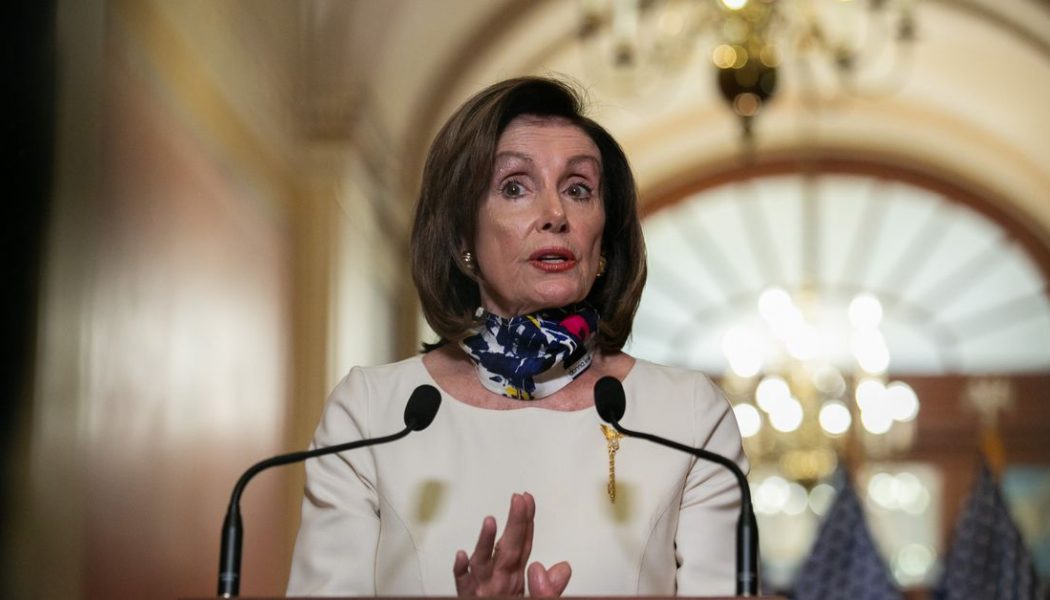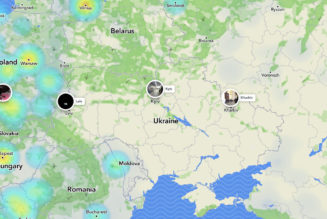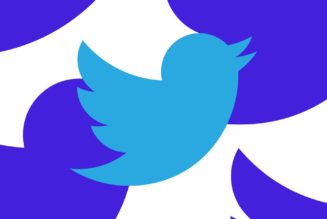
On Tuesday, House Democrats unveiled their latest coronavirus response bill, including a number of measures to keep families and businesses online through the duration of the pandemic.
“With schools closed and millions out of work, Congress must use its powers to keep Americans connected,” Reps. Frank Pallone Jr. (D-NJ) and Mike Doyle (D-PA) said in a joint statement. “We’re hopeful that this legislation will garner strong, bipartisan support so we can stand up for children and families who are struggling during this pandemic.”
The over 1,800-page HEROES Act would bolster the health care system and the economy with $3 trillion in additional funding, with around $5.5 billion of that going toward closing the digital divide at least until the pandemic is over. If approved, the bill would “immediately” provide $1.5 billion through the Federal Communication Commission’s E-Rate Program for schools and libraries to purchase hot spots and “connected devices” to help facilitate distance learning throughout the length of the emergency.
Additionally, the stimulus would create a pool of $4 billion to provide up to $50-a-month subsidies to low-income families or laid-off and furloughed workers in order to help pay their internet service bills throughout the end of the pandemic.
“The House bill makes clear what most Americans have known for months – that every American must have access to robust broadband Internet during the COVID-19 pandemic,” Gigi Sohn, a former FCC adviser, said in a statement on Tuesday.
The House is expected to approve the bill Friday, but the measure faces an uphill battle in the Republican-led Senate for final approval. In previous interviews, Senate Majority Leader Mitch McConnell (R-KY) said that infrastructure like broadband is “unrelated from the coronavirus pandemic” and shouldn’t be included in future coronavirus relief packages.
On top of funding broadband connectivity projects, the HEROES Act would make it unlawful for telecommunications and voice service providers to shut off service to customers who are unable to pay their bills because of the pandemic.
As social distancing orders went into place all across the country in March, schools and businesses shut down in order to curb the spread of disease. Because of this, students and workers are more reliant on the internet now than ever before. Accessing basic remote education and health services has become increasingly more difficult for families with unreliable internet connections.
In an effort to curb the spread of disease, schools and businesses shut down or moved activities online. Because of this, families and businesses without in-home broadband connections are unable to participate in school or work.
“Despite what Congress, the FCC and ISPs have already done, the country needs federal spending to replace lost incomes and keep society functioning,” Matt Wood, Free Press Action vice president of policy and general counsel, said in a statement on Tuesday.









